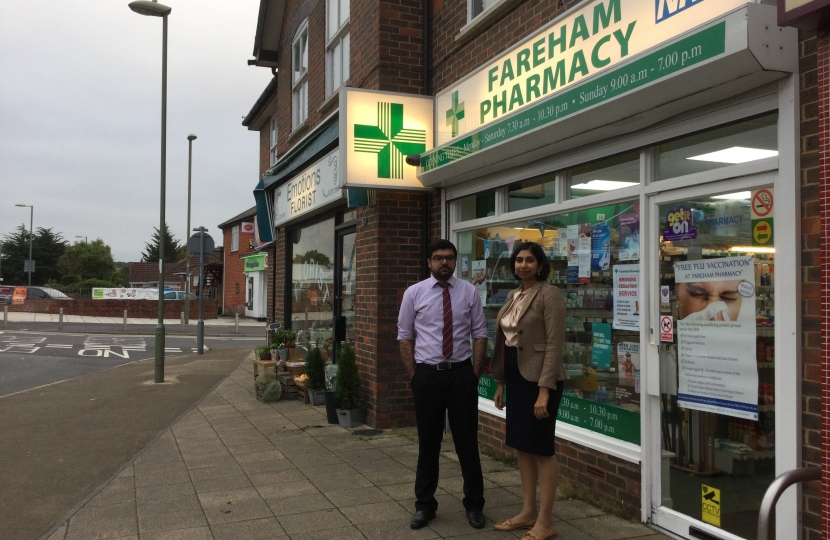
The Government recently announced a new £42 million Pharmacy Integration Fund (PhIF) that will transform the way community pharmacy operate.
The fund will drive greater use of community pharmacists in new integrated local care models, which policymakers hope will improve access for patients, drive better value, and relive pressure on GPs and A&E.
PhIF is designed to develop new clinical pharmacy services, working practices and digital platforms to meet public expectations for a modern NHS community pharmacy service. The aim of the scheme is to support the development of clinical pharmacy practices in a wider range of primary care settings, which would result in a more integrated and effective NHS primary care service.
From December 2016 the new scheme will relieve pressure on other parts of the NHS, by expanding services already provided by community pharmacies in England so they handle urgent repeat prescriptions and treatment for urgent minor ailments/common conditions. The move is aimed at reducing hospital admissions, ambulance call outs and congestion in A&E. Patients who need urgent repeat prescription, or with urgent minor ailments will be referred from NHS 111 directly to community pharmacies, and avoid them having to first go to a GP out-of-hours practice.
Other measures being introduced next month include simplifying the payment structure for community pharmacy. New payment incentives for quality service so that pharmacies are rewarded for the quality of service they’re providing, not just the volume of prescriptions they dispense. And the scheme will make it easier for pharmacies to merge, without the threat of another pharmacy opening in the vacated site, where this does not create a gap in NHS pharmaceutical services provision, enabling the NHS to make savings.
This is about transforming community pharmacy for the benefit of the public. The changes will improve the service offered to people in Fareham and across the country, ensure better use of pharmacists’ valuable clinical skills, and allocate taxpayers’ money more efficiently.
Our community pharmacists are skilled health professionals, who undergo one year less training than their medical colleagues. They are trusted to ensure the patient’s best interests are at the heart of the care they deliver. Pharmacists are now trained in many areas and already work closely with their GPs. But the talent and skill of our community pharmacists is often not recognised. Their potential in supporting access for patients and improving outcomes is not realised.
Nearly 500 pharmacists are currently working in GP surgeries and care homes, which enables more people to benefit from the clinical expertise of pharmacists, and relieving pressure on GP waiting times, on hospital admissions and A&E. The new fund will help to extend this kind of integration and innovation in community pharmacy up and down the country.
